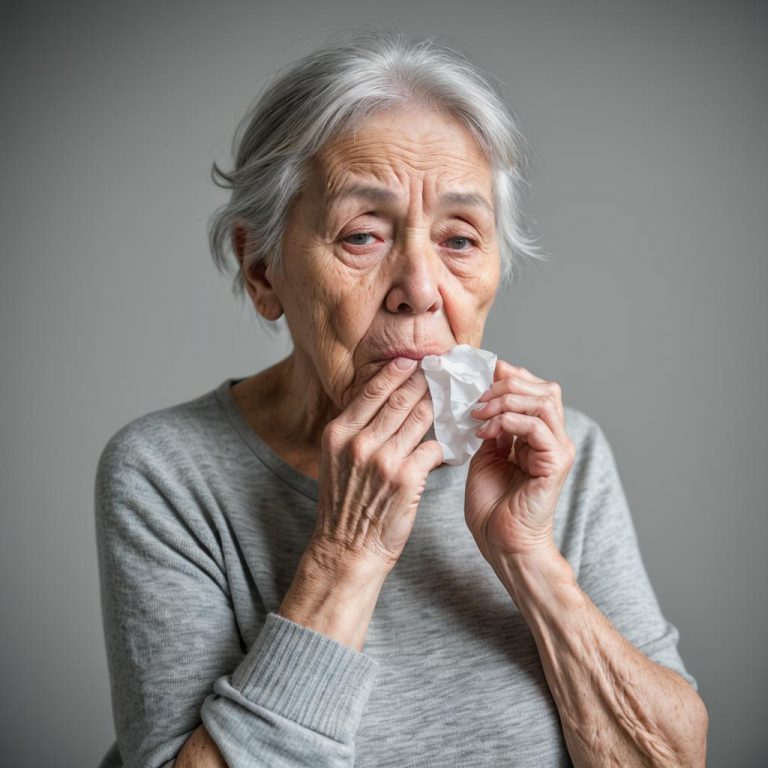
Jersey City, a vibrant and diverse urban center, is home to a multitude of residents with varying health concerns, including allergies.
Allergies, a common health issue, can significantly impact an individual’s quality of life if not properly managed. Understanding the prevalence, triggers, and management strategies for allergies in Jersey City is crucial for residents to lead healthier lives.

Prevalence of allergies
In recent years, the prevalence of allergies has been on the rise globally, and Jersey City is no exception. Environmental factors, genetic predispositions, and lifestyle changes contribute to the increasing rates of allergies among residents. Common allergens prevalent in Jersey City include pollen, mold spores, dust mites, pet dander, and certain food items.
Common allergy triggers
Jersey City’s urban environment presents unique challenges for allergy sufferers. Air pollution, high pollen levels, and exposure to indoor allergens exacerbate allergy symptoms. Additionally, Jersey City’s proximity to industrial areas may introduce pollutants and allergens into the air, further complicating allergy management for residents.
Management strategies
Effective management of allergies requires a multifaceted approach tailored to individual needs. Some strategies to mitigate allergy symptoms in Jersey City include:
Allergen avoidance:
Identifying and avoiding allergens is the cornerstone of allergy management. Residents can minimize exposure to outdoor allergens by keeping windows closed during high pollen seasons, using air purifiers, and regularly cleaning indoor spaces to reduce dust and mold buildup.
Medication:
Over-the-counter antihistamines, decongestants, and nasal corticosteroids can provide relief from allergy symptoms such as sneezing, itching, and congestion. Residents should consult healthcare professionals for personalized medication recommendations.
Immunotherapy:
For individuals with severe allergies, allergen immunotherapy (allergy shots) may be recommended. This treatment involves gradually exposing the individual to increasing doses of allergens to desensitize their immune system and reduce allergic reactions over time.
Dietary changes:
In cases of food allergies, identifying and eliminating trigger foods from the diet is essential. Residents with food allergies should carefully read food labels, communicate their dietary restrictions to restaurants, and seek guidance from allergists and dietitians.
Community support and resources
Jersey City residents can benefit from various community resources and support networks aimed at raising awareness about allergies and providing assistance to affected individuals. Local health departments, allergy clinics, and nonprofit organizations often organize educational events, support groups, and allergy screenings to empower residents with knowledge and resources to manage their allergies effectively.
Allergies pose significant challenges to residents of Jersey City, but with proactive management strategies and community support, individuals can lead fulfilling lives despite their allergic sensitivities. By understanding common allergy triggers, implementing preventive measures, and accessing appropriate medical care, Jersey City residents can minimize the impact of allergies on their health and well-being. It is imperative for individuals to prioritize their health and take proactive steps to manage their allergies effectively in the dynamic urban environment of Jersey City.



